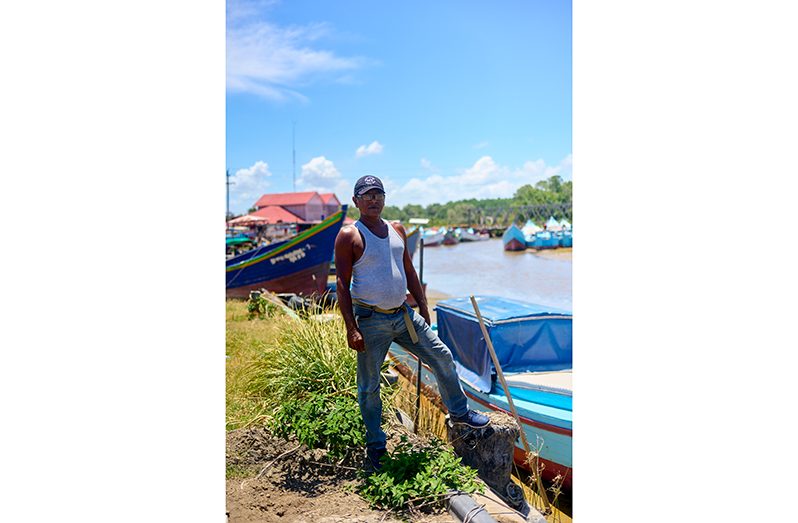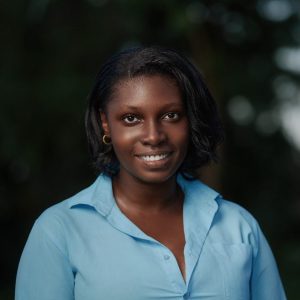THE Corentyne forms the entirety of our border with neighbouring Suriname. Home to thousands of people, the Corentyne is one of the most unique places in Guyana. Its people’s hospitable nature and easygoing way of life create a sense of serenity that radiates throughout the region and its many diverse people.
Setting out to explore the peaceful Corentyne Coast, The Pepperpot Magazine ventured into Number 66 Village. Number 66 is home to approximately 400 people. The community shares history with most of the surrounding region, coming from the days of colonisation; the village is an agriculture hub. Agriculture is evident when travelling down the easygoing Corentyne Coast.
With various vast farmlands, the Corentyne is one of the country’s largest rice producers. Although agriculture is a big aspect of life in the region, entrepreneurship is also a major part of the economy. Amidst development, however, there are still remnants of the region’s old way of life. As much as industrialisation is sweeping the region with the development of businesses, authentic careers still survive, and fishing is one of the most prominent. We spoke to a local fisherman from the area. Mohammed Azem has lived and worked along the Corentyne for most of his life, and a large part of that was spent in Number 66 Village.
He began fishing shortly after finishing high school. As he shared, “In the ‘80s, I started fishing. And from the ‘80s to now, I’m still in the work.” He added that although he had made a career out of it, fishing had initially started as a hobby. “Since I used to go to school, I liked fishing,” he said.
His experiences with fishing and being out in the ocean have been extensive. His decision to become a fisherman was further impacted by the loss of his parents at a young age. “So, eventually, after I left school, my parents died very young, and I became a fisherman,” he shared.
Reminiscing on his earlier days, Mohammed explained that simply learning to be comfortable at sea was among the most challenging aspects. “Well, the most important thing is to go out to the sea; you’ve got to get used to the sea, because you are going to feel bad.”
Apart from knowing how to swim, Mohammed emphasises the importance of being calm, like the water these men call home. “You cannot panic when something goes wrong; you always got to keep a level head. So, if something goes wrong, you must try to do something right for yourself.”
The drastically unpredictable nature of the water seems to be every fisherman’s biggest contender. For more than four decades on the job, Mohammed has acquired a few skills, one of which is memorising. Men like Mohammed have learned to draw road maps through water in their minds.
As he explained, “You got to memorise; you got to be good to be a good fisherman. You got to memorise your plots. In those days when I started fishing, we didn’t have things like GPS to mark our hunting grounds. And now there is GPS, I got GPS, but I don’t use it.”
THE NEWER GENERATION OF THINGS
Four decades is a long time. Throughout those years, Mohammed has seen the fishing industry change drastically. One of the biggest changes in the industry is the introduction of GPS. New technology has been vital for the growth fishing has seen. Some fishermen like Mohammed still have an affinity for the old-fashioned way of doing things. “GPS can tell you the depth of the water; it can tell you the destination. But as an old fisherman, any old fisherman, they would measure the water and tell you what kind of ground, if it’s soft, if it’s hard, if it’s sticky, all they are gonna know.”
Mohammed emphasises his love for the trade despite the challenges. “Well, going out at sea is something nice for fishermen who know the sea, who love the water. Water will always feel more happy because that is where your daily bread is,” he said.
One of the primary reasons Mohammed has retained his love for the trade is the uniqueness of the skill. As he shared during his interview, “The main part of it that I love being a fisherman is that not everybody can go out and fish. Some men would go only for the money, but when they come back they do not make it. What I mean is, some men hear about the money, but they do not hear about the work. For instance, for me personally, if I do not go out to sea too long, I feel like I lose something.”
Listening to Mohammed talk about his work is deeply interesting. Everything from where to find the fish and how to find his way back home is crafted and kept in his mind. Fishing grounds are important to fishermen; different waters give rise to different species of fish. “Different ground, you go too deep, certain places you start to catch sharks. You will not find shark and snapper in the same grounds. As time changed, people have different kinds of nets. You can catch small fish, some of them can catch big fish. Everything has changed gradually.”
Most fishermen have mastered the skill through years of work and dedication. According to Mohammed, the industry needs workers as the older generation continues to leave. For Mohammed, fishing has to be ingrained as a way of life. “You see, to me, fishing work comes from the people you grow up with. When I left school eventually, one of my brothers was a fisherman. And by going out with them in the boat, I learned the work. But normally, for a man who left school and wants to get a new experience over fishing work, he might not see the work as how we see it. We see this work here that it must be for the future. Some people don’t see it like that.”



.png)









